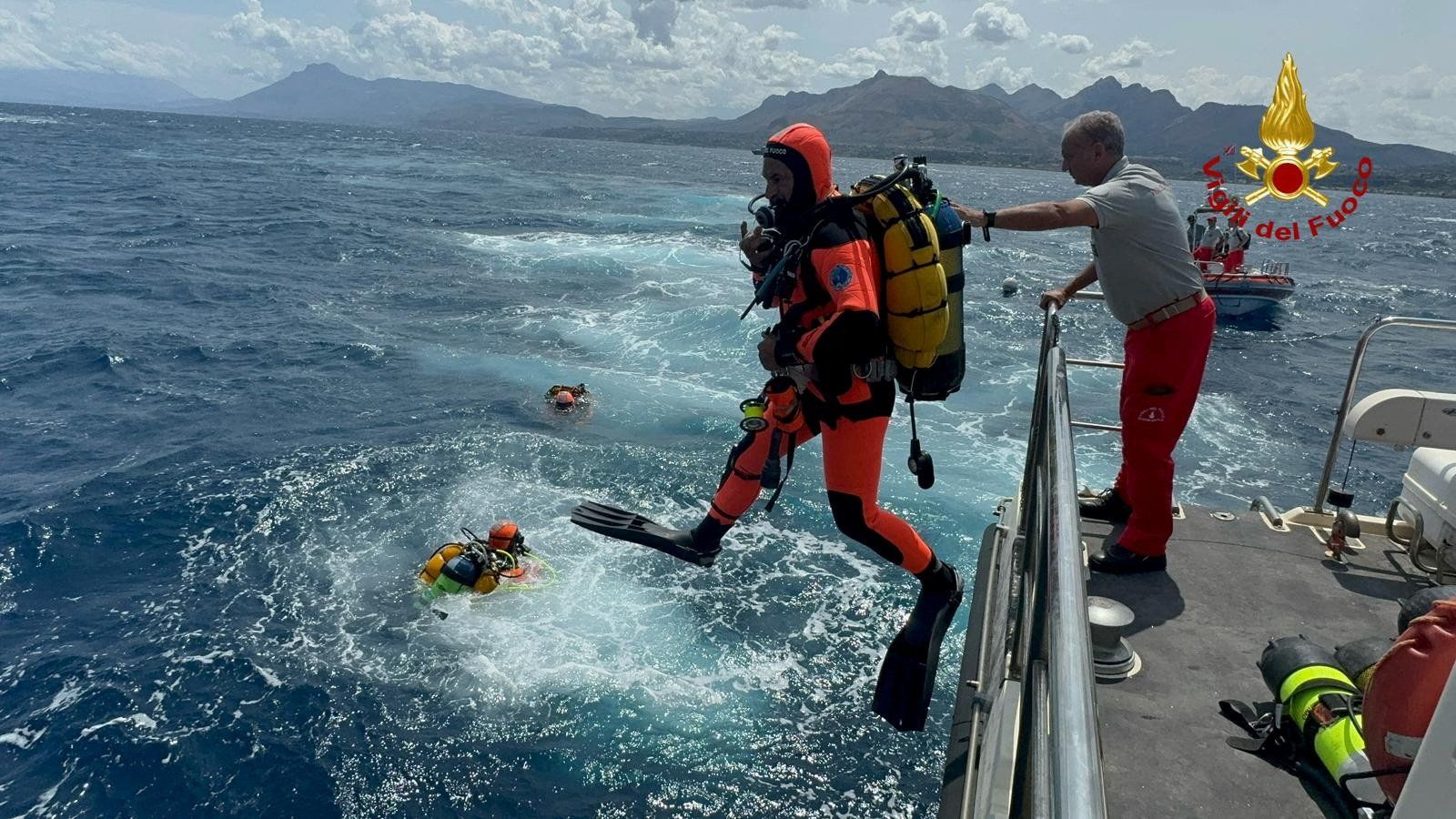Hard Numbers: Superyacht sinks off Sicily, Cholera spreads in Sudan, China and Vietnam agree on crocodiles, Nicaragua clamps down further, Israel recovers hostages’ bodies
22: A luxury superyacht carrying 22 people sank off the coast of Sicily early Monday after getting caught in a severe storm. So far, one of the passengers is confirmed dead, and six remain missing, including leading UK tech tycoon Mike Lynch, his 18-year-old daughter Hannah Lynch, and Morgan Stanley executive Jonathan Bloomer.
354: An outbreak of cholera has deepened the misery of war-torn Sudan, where 354 cases of the highly infectious disease have been detected in recent weeks. So far, 78 people have died this year, according to local health officials, including nearly two dozen in just the past few weeks. Last week, cease-fire talks meant to end the country’s 15-month civil war fell apart, as neither of the main players showed up.
14: China and Vietnam signed major economic 14 agreements during a visit to Beijing by new Vietnamese leader To Lam. Highlights included expanded cross-border rail development between the two communist-led, Asian manufacturing powerhouses, as well as streamlining trade in coconuts and crocodiles.
1,500: Nicaragua outlawed 1,500 non-governmental organizations on Monday in the latest sweeping crackdown on civil society by strongman President Daniel Ortega. Many of the groups affected are affiliated with the Catholic church, which has come under intense pressure since intervening on the side of mass anti-government protests back in 2018.
6: Israel says it has recovered the bodies of six hostages taken by Hamas in the Oct. 7 attack last year, five of whom were known to have died in Gaza. Of the roughly 250 hostages abducted in the attack, roughly 100 are believed to still be in Gaza, and 30 of those are confirmed or very likely to be dead.
